How America's alliances could drag it into nuclear war with Russia or China
Unprepared allies mean more work — and peril — for Washington
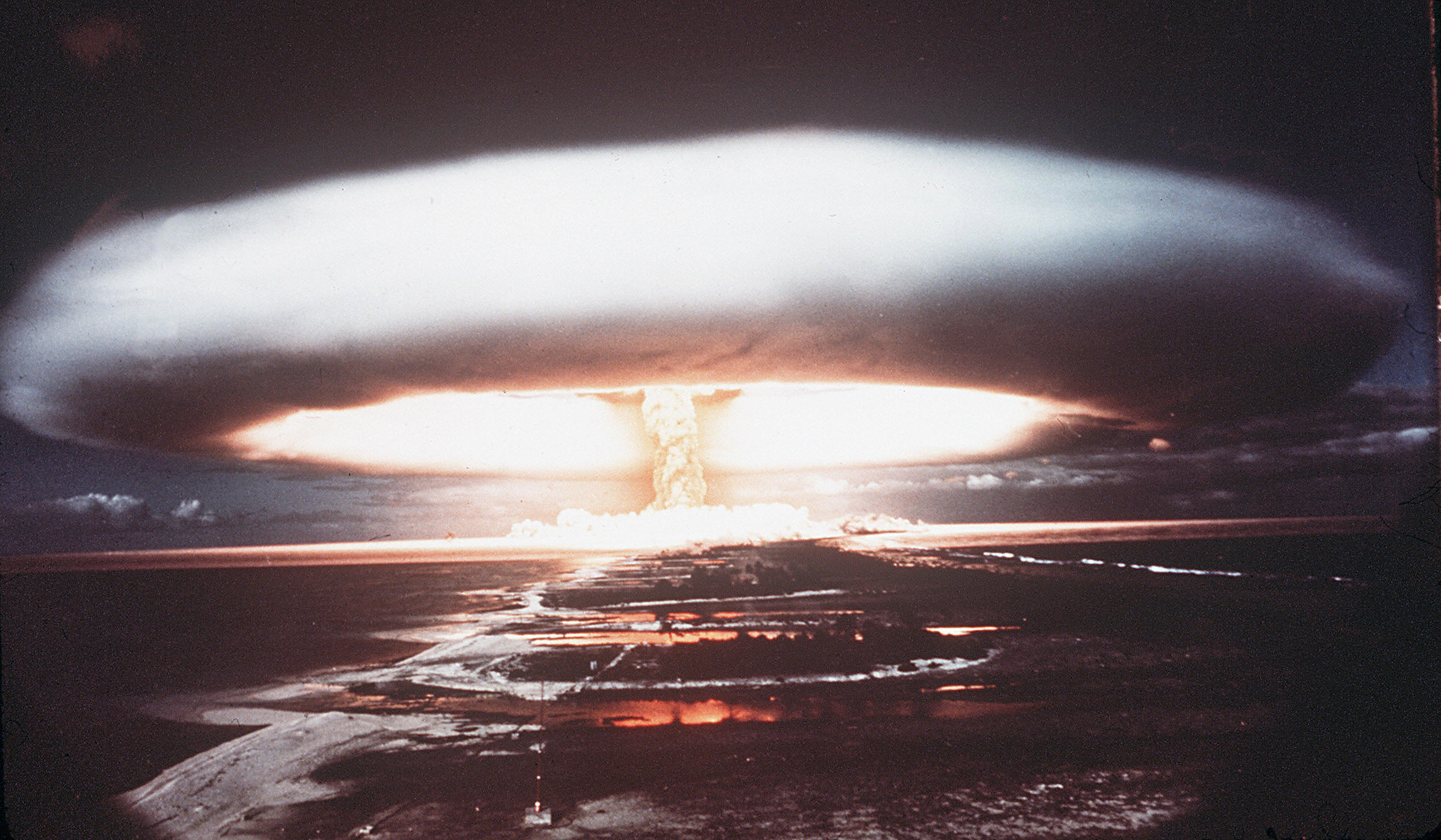
A free daily email with the biggest news stories of the day – and the best features from TheWeek.com
You are now subscribed
Your newsletter sign-up was successful
Last week the world commemorated the 70th anniversary of the atomic bombings of Hiroshima and Nagasaki, the only instances in which nuclear weapons have been used in wartime.
A common warning is that the next time nukes are used could be the last. But is that old Cold War adage still true? It is — and just as likely now, thanks to America's unprepared allies.
The United States has military alliances with the members of NATO, Japan, and South Korea that pledge we would use our military might to protect them. Against enemies equipped with nuclear weapons, that implicitly includes the use of our own nuclear weapons — if necessary. These agreements date back to the Cold War, and since then have largely lain dormant.
The Week
Escape your echo chamber. Get the facts behind the news, plus analysis from multiple perspectives.

Sign up for The Week's Free Newsletters
From our morning news briefing to a weekly Good News Newsletter, get the best of The Week delivered directly to your inbox.
From our morning news briefing to a weekly Good News Newsletter, get the best of The Week delivered directly to your inbox.
Now, with Russia on the move in Ukraine and China staking claim to the South China Sea, it's a good time to remember these agreements still exist. But before we drift into Cold War 2.0 — or something like it — it's important to ask: Are our allies doing everything they can to protect themselves?
In order to provide a meaningful deterrent to aggression, NATO recommends members devote a minimum 2 percent of GDP to defense spending. Yet less than half of NATO member states, including France, Germany, the Netherlands, and Italy, actually do so. German spending in particular is little over half the recommended amount — $37 billion on defense, compared to Russia's $83 billion.
Over in Asia, things are slightly better. South Korea, facing nuclear-armed North Korea, spends 2.6 percent on defense. But Japan is the biggest disappointment, spending about 1 percent of GDP against a China that regularly increases its military spending 10 percent annually.
It's no coincidence that Russia is fighting an undeclared war in Ukraine as defense budgets are falling across Europe. Nor is it a coincidence China is pushing claims in the East China Sea as Japan's defense budget has been essentially flat for decades. Both Russia and China are pushing on out of a sense that their adversaries are militarily weak and lack resolve.
A free daily email with the biggest news stories of the day – and the best features from TheWeek.com
All countries have every right to determine what level of defense spending they deem appropriate. The banding together of free nations, such as NATO, to prevent war is a tremendous asset to the United States and all involved. But if members fail to meet their commitments, collective security becomes a liability, not an asset.
Especially to the largest country pledged to come to the assistance of others, armed with nuclear weapons.
What if, emboldened by some of NATO's member states, Russia decides to launch an attack on a NATO member? Russia is estimated to have about 2,000 tactical nuclear weapons deployed and ready for use. Would the United States challenge it with direct military force?
In 1995, in an aggressive speech to his American counterparts, People's Liberation Army General Xiong Guangkai famously told them they would never risk the destruction of Los Angeles in order to save Taipei, Taiwan.
The dirty secret of the Cold War — and today — was that General Xiong was right. Nobody wants to trade Taipei or Kiev for Los Angeles.
America's commitment to our allies is admirable and in keeping with our best traditions. But let's remember that an alliance is a two-way street, and that a world in which our adversaries are deterred by all involved is a peaceful one.
Kyle Mizokami is a freelance writer whose work has appeared in The Daily Beast, TheAtlantic.com, The Diplomat, and The National Interest. He lives in San Francisco.
-
 El Paso airspace closure tied to FAA-Pentagon standoff
El Paso airspace closure tied to FAA-Pentagon standoffSpeed Read The closure in the Texas border city stemmed from disagreements between the Federal Aviation Administration and Pentagon officials over drone-related tests
-
 Political cartoons for February 12
Political cartoons for February 12Cartoons Thursday's political cartoons include a Pam Bondi performance, Ghislaine Maxwell on tour, and ICE detention facilities
-
 Arcadia: Tom Stoppard’s ‘masterpiece’ makes a ‘triumphant’ return
Arcadia: Tom Stoppard’s ‘masterpiece’ makes a ‘triumphant’ returnThe Week Recommends Carrie Cracknell’s revival at the Old Vic ‘grips like a thriller’
-
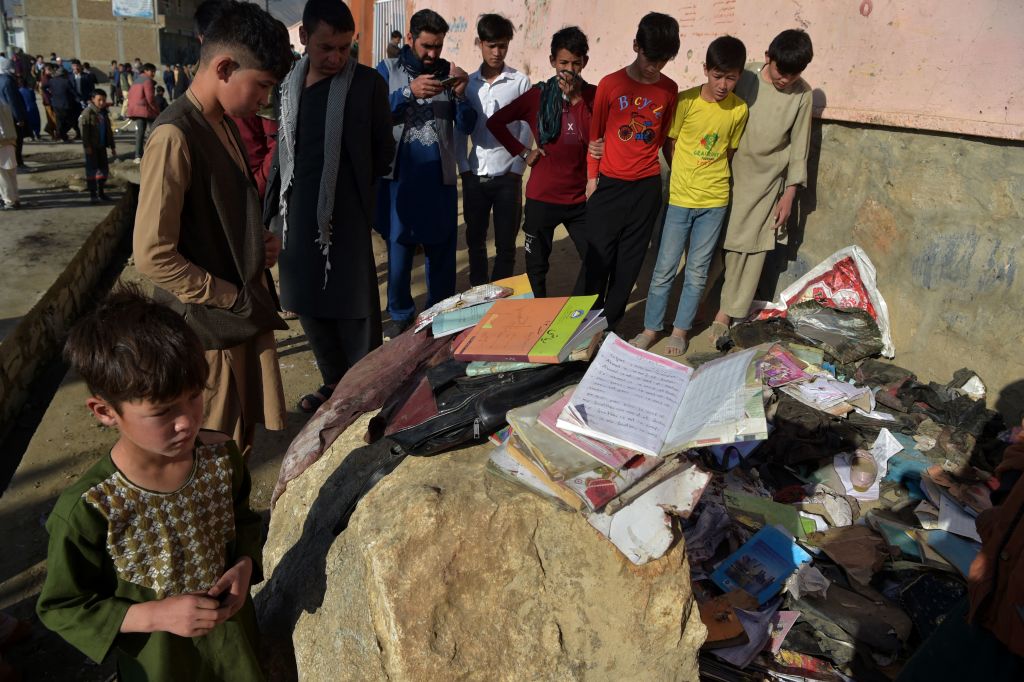 Bombing at girls' school in Kabul kills at least 50, including students
Bombing at girls' school in Kabul kills at least 50, including studentsSpeed Read
-
 Garland says DOJ is 'pouring its resources' into stopping domestic terrorists 'before they can attack'
Garland says DOJ is 'pouring its resources' into stopping domestic terrorists 'before they can attack'Speed Read
-
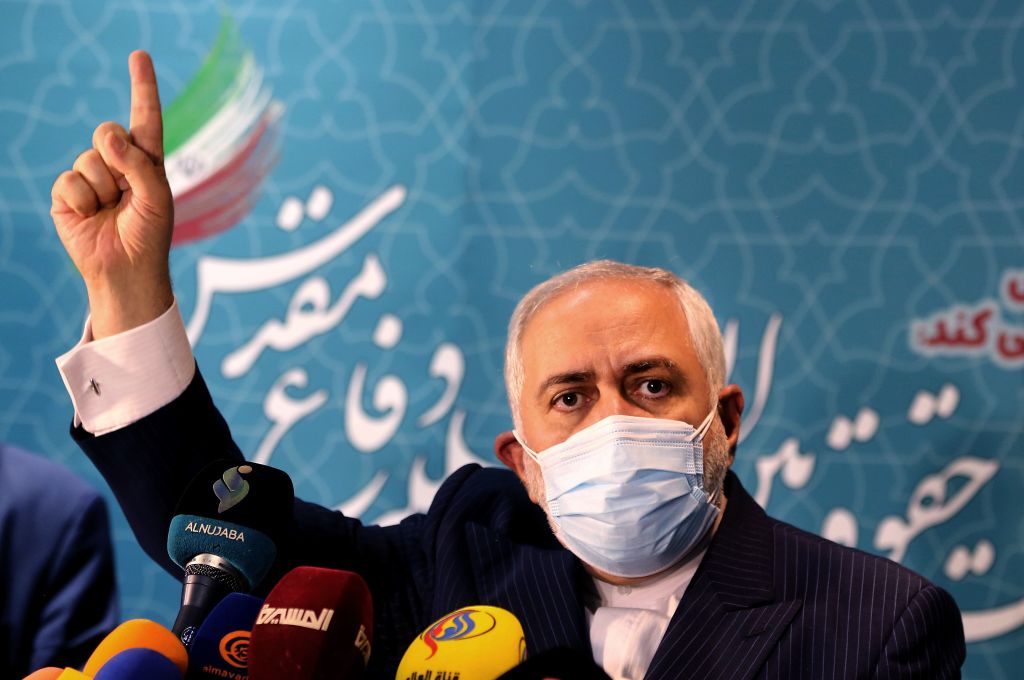 Suspected Israeli cyberattack on Iranian nuclear site complicates U.S.-Iran nuclear deal talks
Suspected Israeli cyberattack on Iranian nuclear site complicates U.S.-Iran nuclear deal talksSpeed Read
-
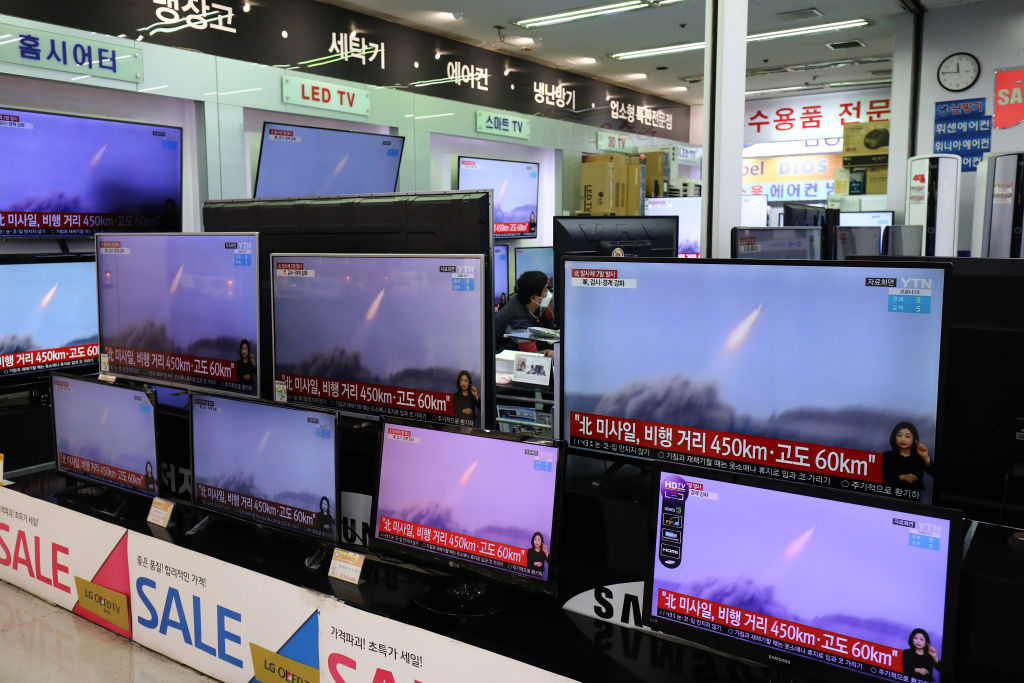 North Korea fires 2 ballistic missiles into sea
North Korea fires 2 ballistic missiles into seaSpeed Read
-
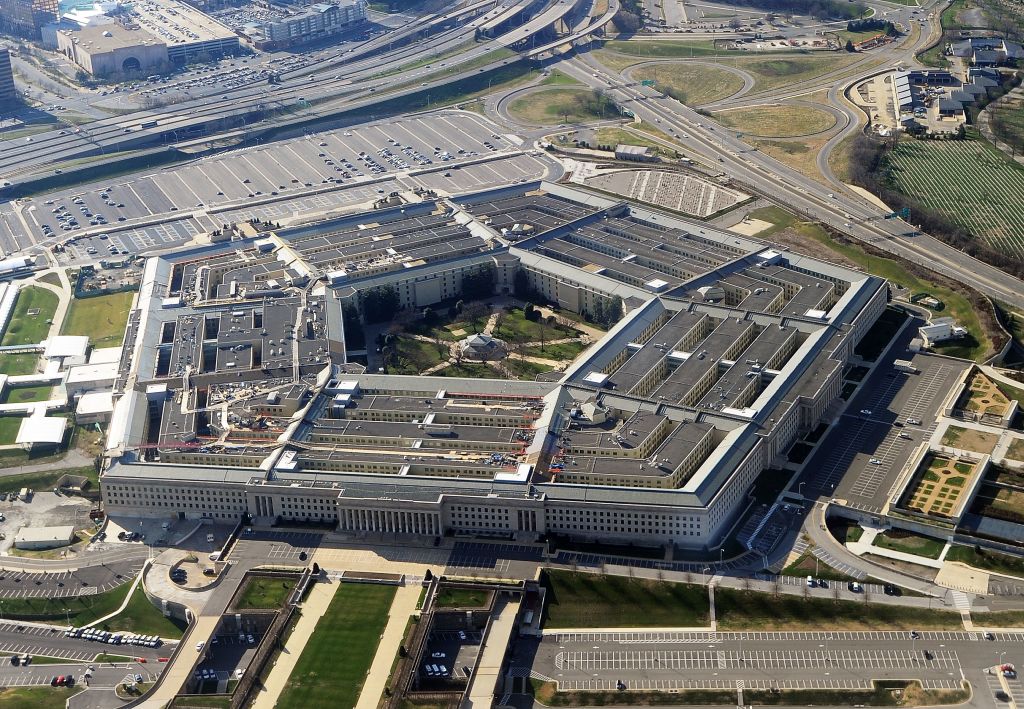 U.S. airstrikes target Iranian-backed militia facilities in Syria
U.S. airstrikes target Iranian-backed militia facilities in SyriaSpeed Read
-
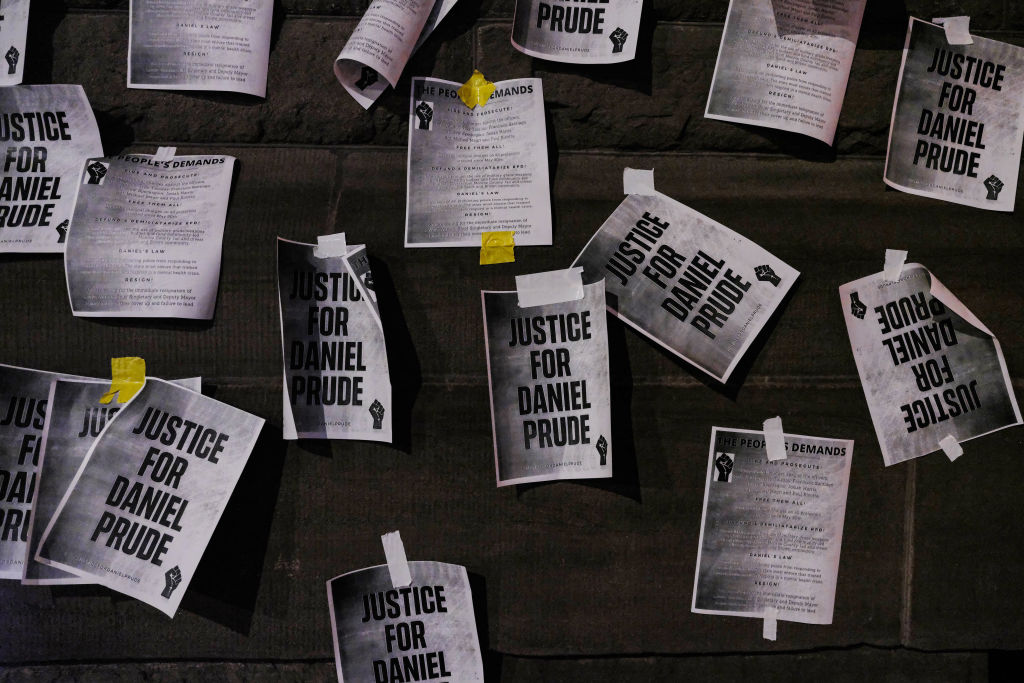 Rochester police who killed Daniel Prude during mental health crisis won't face charges
Rochester police who killed Daniel Prude during mental health crisis won't face chargesSpeed Read
-
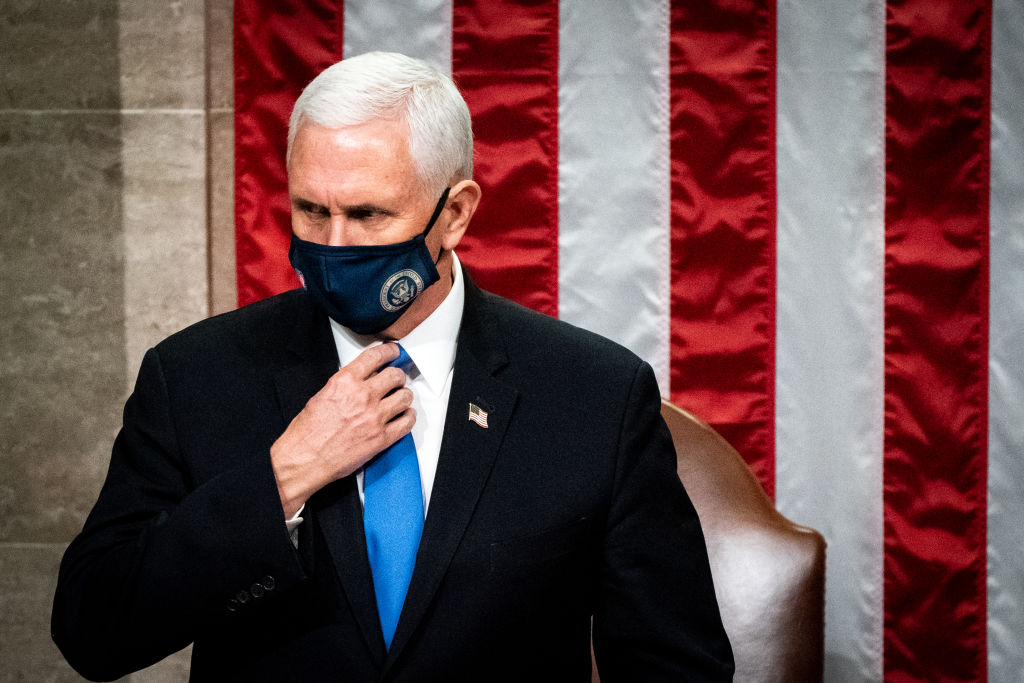 Mike Pence's 'nuclear football' was also apparently at risk during the Capitol siege
Mike Pence's 'nuclear football' was also apparently at risk during the Capitol siegeSpeed Read
-
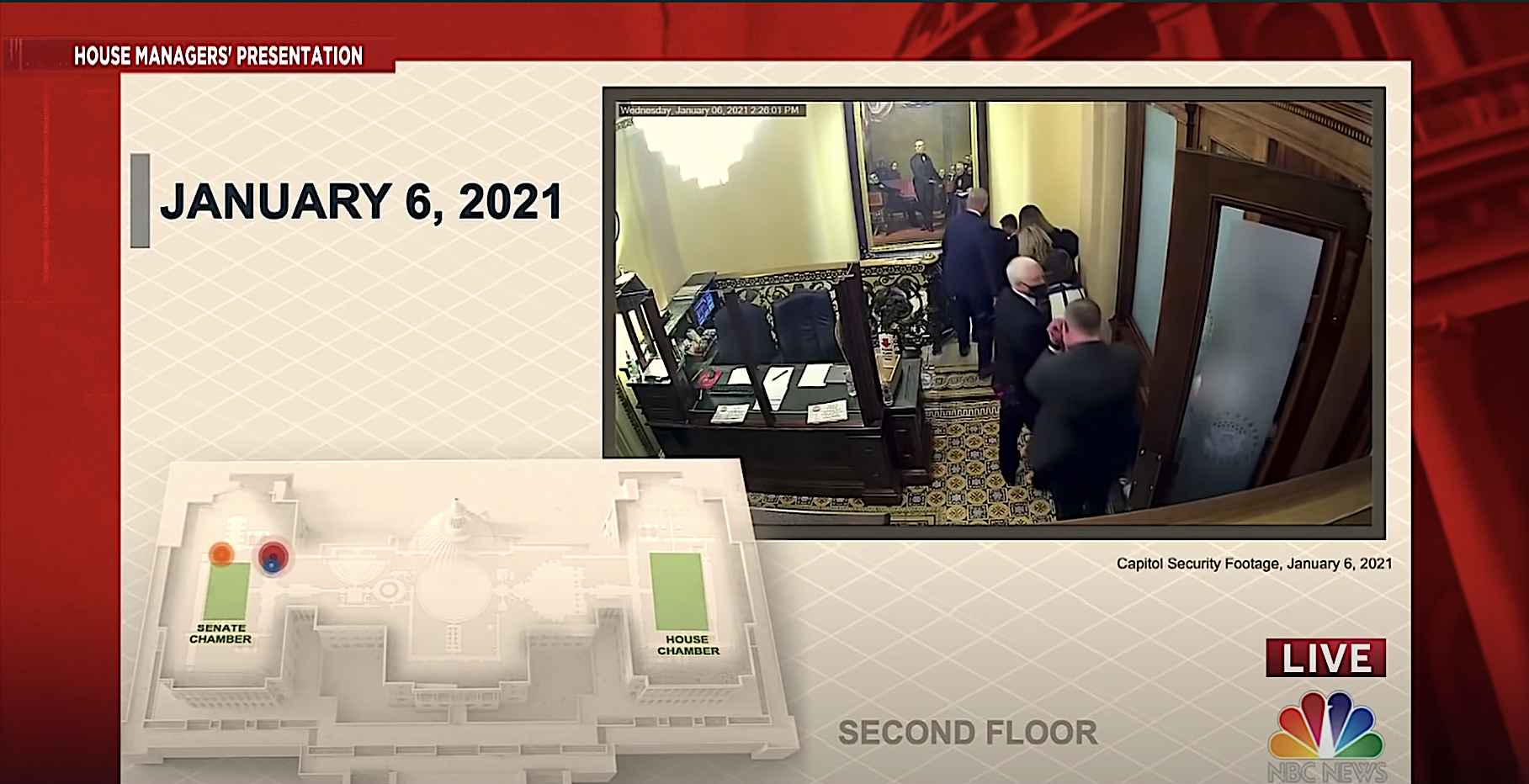 Trump publicly attacked Pence during the Capitol riot knowing Pence was in trouble, GOP senator suggests
Trump publicly attacked Pence during the Capitol riot knowing Pence was in trouble, GOP senator suggestsSpeed Read